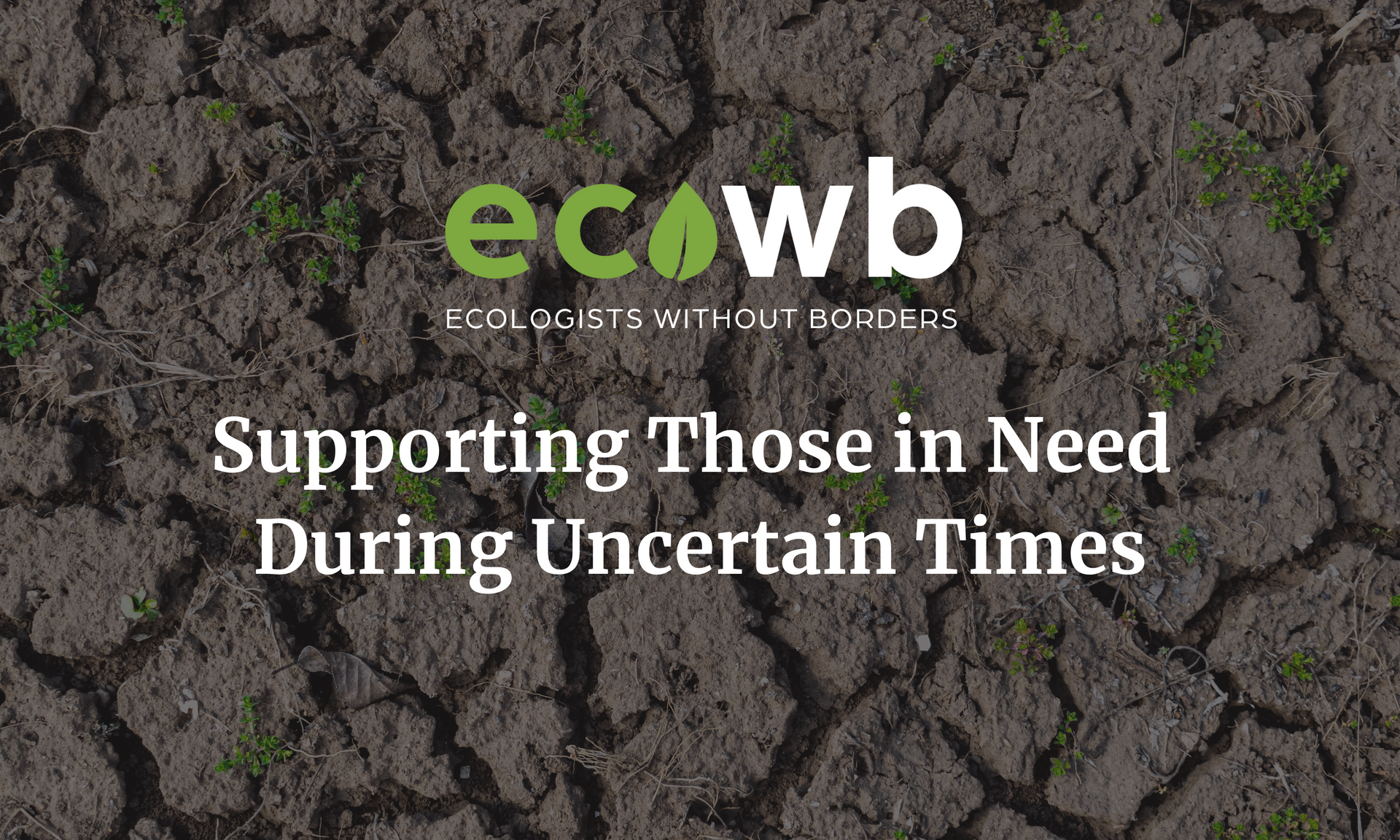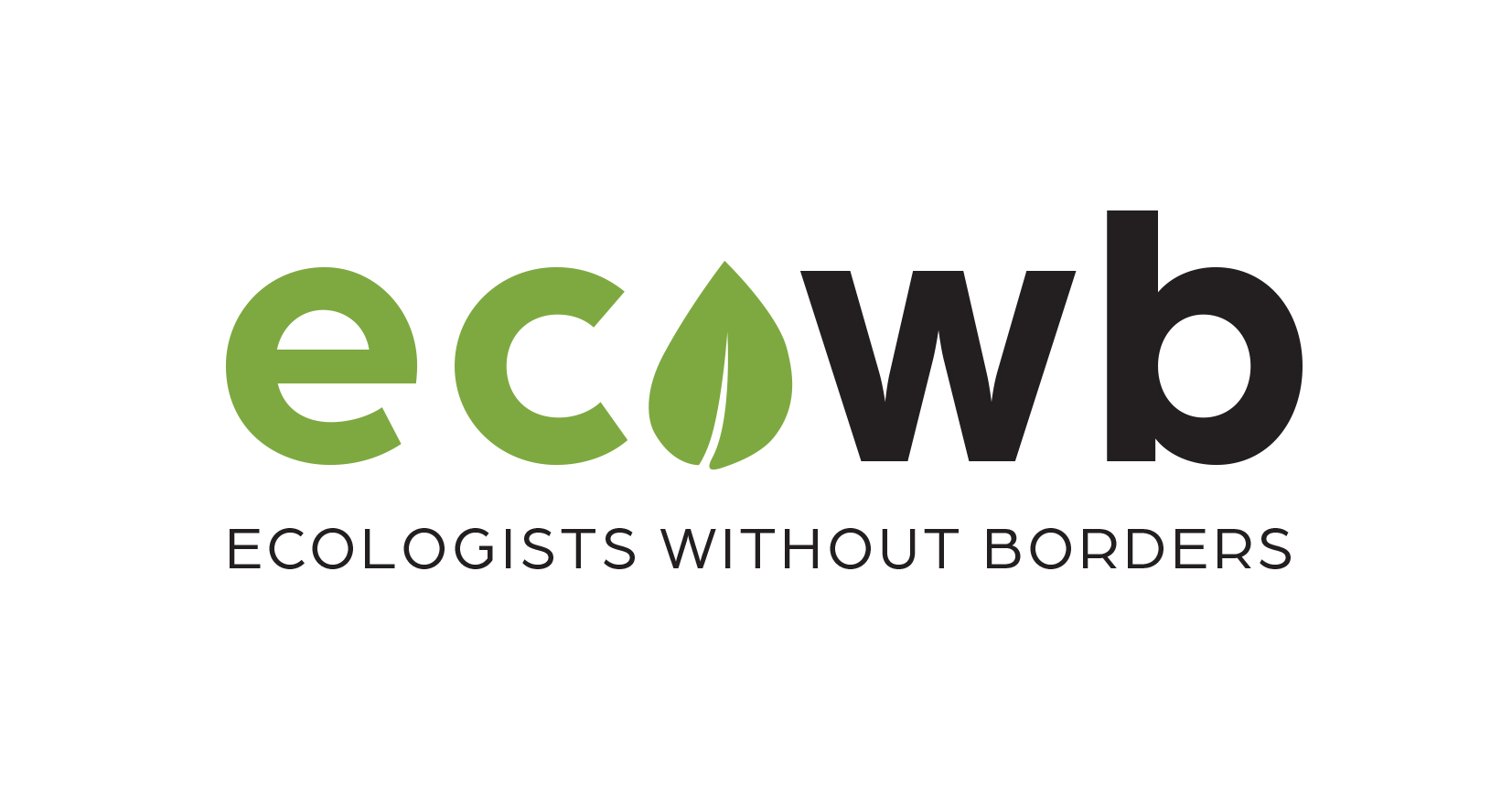The municipality of Mulegé in Baja California Sur, Mexico, is the largest municipality in the country, has coastline along both in the Pacific Ocean and the central Gulf from California (Sea of Cortez). On the central Gulf of California side of the peninsula, fishing in the Santa Rosalía-Mulegé Corridor had a great boom during the times of the giant squid ( Dosidicus gigas ) fishery, but this fishery has collapsed due mainly to oceanographic changes in the area, and fishing and the economic development of the region has declined. The majority of the squid processing plants have closed permanently and many fishing cooperatives fragmented into family cooperatives. Additionally, private fishing permit holders (“permisionarios”) reduced their fleet or declared bankruptcy. These factors have resulted in increasing unemployment, insecurity, and a loss of prestige in the fishing sector. Currently, approximately half of the fishermen in the Santa Rosalía – Mulegé corridor belong to a fishing cooperative and may or may not have fishing permits. The rest of the fisherman work as a free (unregulated) fisherman or under the protection of one or more local “permisionarios” who feed them to go fishing in exchange for the exclusive sale of the catch.
The collapse of the giant squid fishery also generated changes in the importance and value of local fisheries, prompting traditional fishermen who remained active to focus their activity on catching mainly different species of finfish, octopus, sharks, and rays, which were previously seen as secondary or alternative fisheries to that of the giant squid. Now that these species have become the main fisheries in the area, they are faced with increased fishing pressure and other problems caused by the collapse of the giant squid fishery. This diversification has also limited the collection of data related to the fishing effort, types of fishing gear used, catch composition, and catch sizes, which hinders the design and implementation of effective management measures.
Since 2014, Ecologists Without Borders (EcoWB) has been collaborating with local partners such as the Instituto Tecnológico Superior de Muelgé (ITESME) and La fundación Hagamos Más Por Santa Rosalía (HMPSR) to implement the Mulegé Sustainable Fisheries Project (MSFP). Fishermen of the Santa Rosalía – Mulegé Corridor, have recently organized into a group called the “Alliance for Responsible Fishing in Mulegé,” and are collaborating with EcoWB and the MSFP in the design and implementation of a Fishery Improvement Project (FIP), for the marine finfish fishery (i.e., California yellowtail , snappers, and groupers ). This FIP uses the criteria of the MSC sustainable fishing standard as a guide to improving the sustainability of the fishery, with the benefit of access to preferential markets that are interested in sustainable products.
As one of the first steps, a pre-assessment was carried out against the MSC standard to identify challenges and barriers to sustainability of the fishery. Based on the results of the pre-assessment, the FIP work team designed a work plan to specifically address the challenges identified. This work plan will be reviewed and validated by all interested parties that make up the FIP. However, these efforts have been delayed due to the global COVID-19 pandemic, which has severely affected fishermen in Mexico, including fishermen along the Santa Rosalía – Mulegé corridor. As of this writing, the pandemic is still active with increasing cases, and although infection rates among fishermen and their families do not appear to be disproportionately high, the economic consequences have been devastating. The demand for fish and the price of the products has decreased by around 50%, due to the closure of restaurants, hotels, travel restrictions, and interruptions in the supply chain. Based on the activity of the fishing boats in the Mulegé ports, we estimate that less than half of the small-scale fishing fleet is currently operating and applying mitigations that allow them to reduce risk and keep operating expenses to a minimum.
In an effort to alleviate the economic impact of the pandemic, EcoWB has teamed up with HMSR to raise funds to buy and distribute food to families in need. If you would like to donate to the Fisheries Aid Fund, please contact EcoWB’s Project Manager Bernardo Sánchez at bernardo.sanchez@ecowb.org. EcoWB continues to move forward with analyzing data and preparing a sustainable fisheries work plan that will be implemented as the fishery recovers.
Without a doubt, this new reality will bring a number of changes for the Mexican fishing sector. EcoWB and its partners are committed to promoting sustainability and equity among stakeholders throughout these changes.




